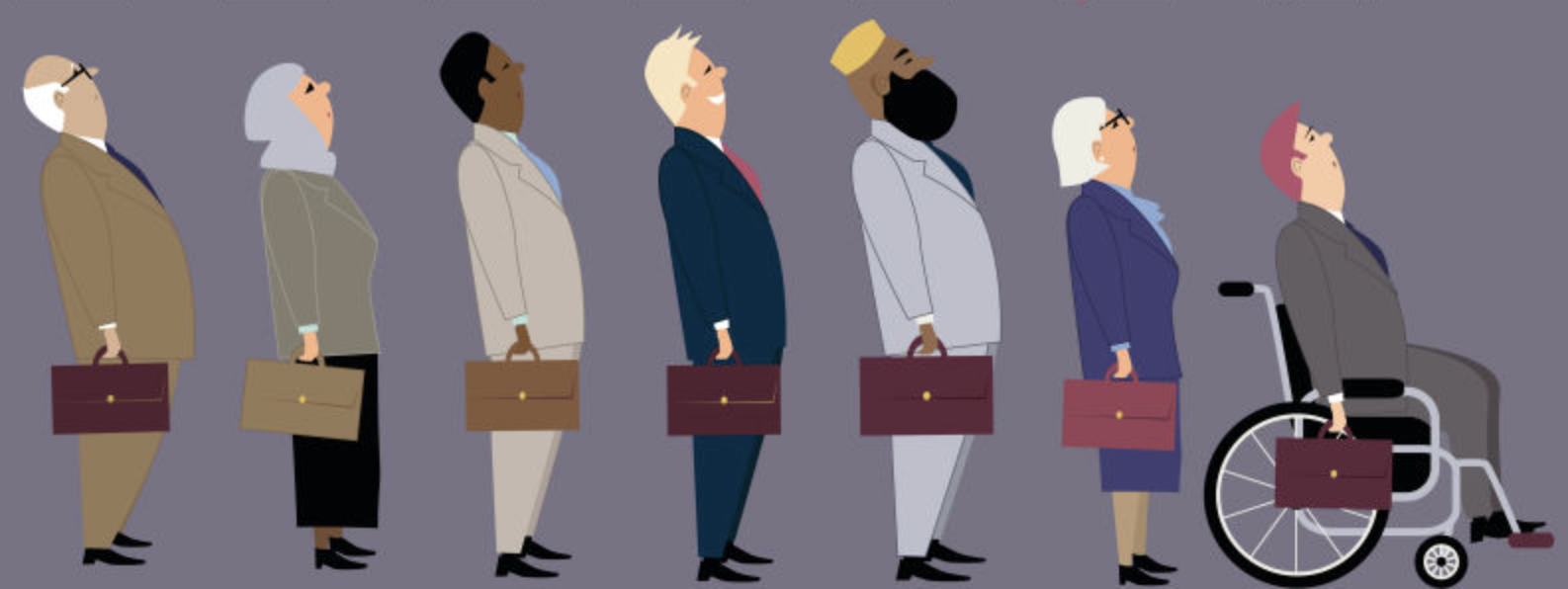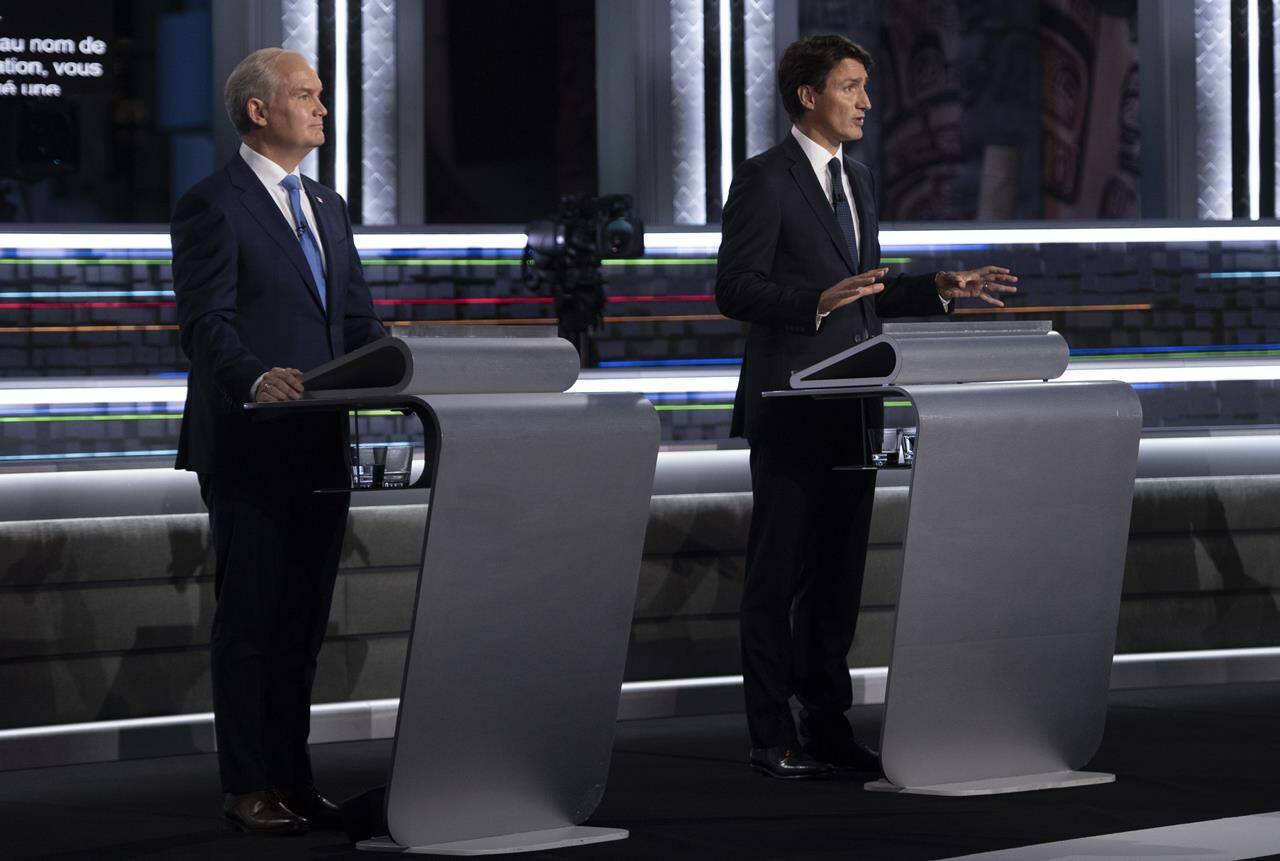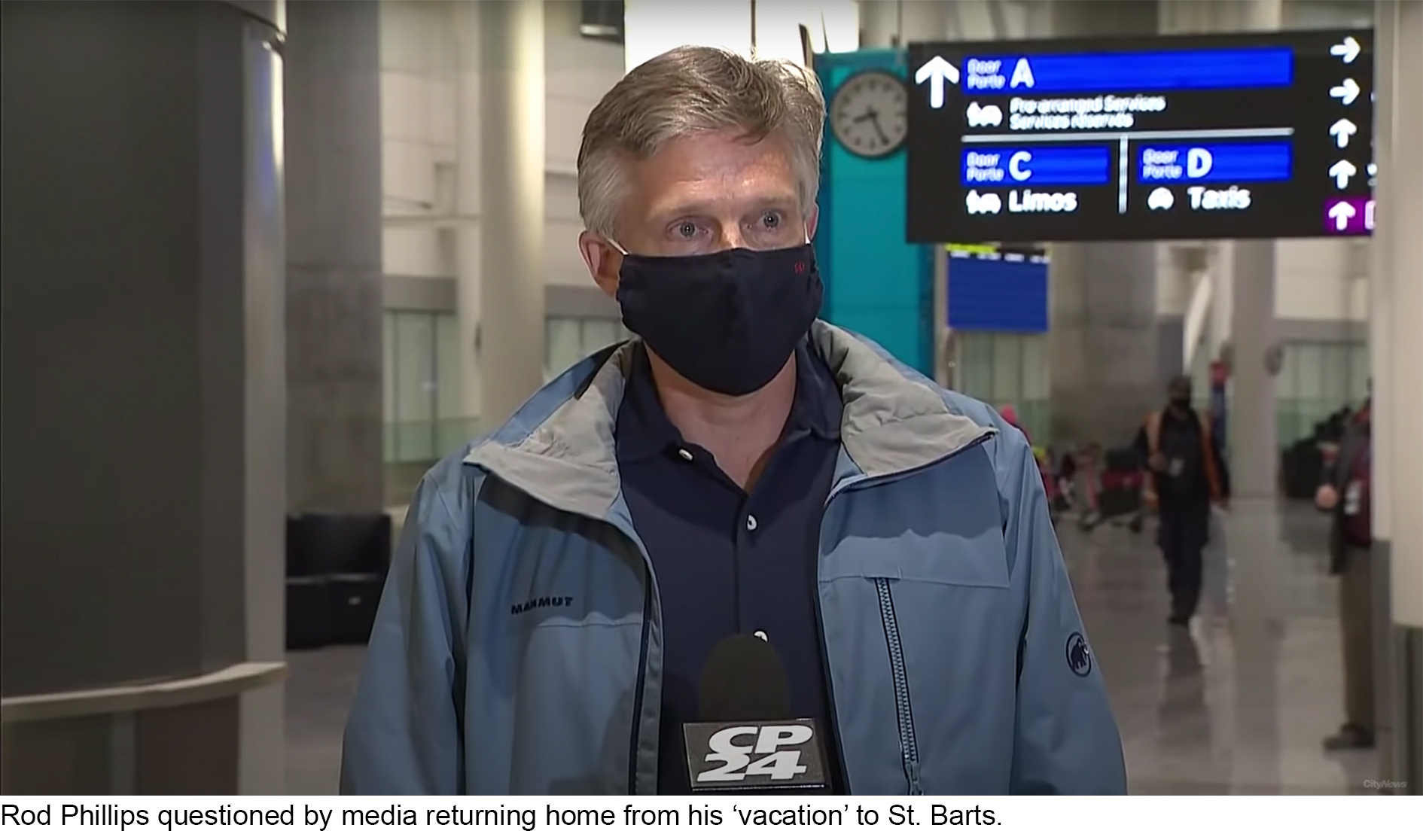by Dharma Deokie
Canada is a settler-colonial state. The failure of the Canadian government to provide clean water to Indigenous peoples illustrates that Canada continues to act as a colonial state. It’s obvious that clean water is necessary for life, and by delaying access to clean water to some Indigenous communities, Canada is creating conditions to erase life. As of 21 May 2021, the Government of Canada’s Indigenous Services website notes that 107 long-term drinking water advisories have been lifted since November 2015. It notes that there are 52 “long-term drinking water advisories” currently in effect and shows a graph with a total of 59 water advisories added since 2015. The Guardian reported that Indigenous Service Minister Marc Miller as saying there is “no credible excuse” for the Government’s failure to provide clean water to Indigenous communities as part of its commitment.
In March 2021, The Canadian Press reported that the government will not set new deadlines. In The Assembly of First Nations Annual Report (2019-2020), Regional Chief Rose Anne Archibald notes the understanding that the Canadian government’s commitment to end water advisories has changed from March 2021 to 2029.
So, the possibilities are at two ends of a spectrum. No deadline or an extension of eight years. That is an eight-year extension to provide clean water to Indigenous communities from a Canadian Government that claims to be committed to human rights. This treatment is a far cry from the performance theatre Freeland and Trudeau displayed when they welcomed refugees at Pearson International Airport. Refugee acceptance is part of our UN agreements, and carry a moral imperative. But so does the water of our Indigenous citizens.
It is well documented that there are elevated levels of cancer in northern Alberta, and that noxious gases released in the air and water cause respiratory illnesses. Is this not the very definition of a crisis?
It is an eight-year extension from a Canadian government that will pay 1.7 billion dollars to fix abandoned, toxic oil wells in Alberta because the Supreme Court ruled that corporations cannot simply abandon the source for our precious fossil fuel. Melina Laboucan Massimo of the Lubicon Cree First Nation is a Greenpeace activist, who notes in Downstream Reimagining Water that there are more than 2, 600 oil and gas wells in Lubicon territory in Alberta. It is well documented that there are elevated levels of cancer in northern Alberta, and we know that noxious gases released in the air and water cause respiratory illnesses. Is this not the very definition of a crisis?
A government committed to Human Rights- but for whom?
Pipeline leaks and oil spills pollute the water, compromising healthy ecosystems and the health of Indigenous peoples. The Canadian government (contrary to the corporate responsibility ordered by the Supreme Court of Canada) can commit to billions of taxpayer money to cover the cost of corporate pollution, but it needs an eight-year extension to provide clean water to Indigenous communities. What did the Canadian Government do when the Canadian Human Rights Tribunal ruled that it must pay billions in compensation for discrimination against First Nations Children and families? Under the leadership of Prime Minister Justin Trudeau, the Canadian government appealed the ruling. A government committed to Human Rights- but for whom?
Even as the Government of Canada is working with Indigenous communities to provide clean water, it remains yet another resource to exploit. The settler-colonial state strikes again, and again. This colonial view of water is very different from Indigenous views which honours water as kin and respects it as a relative in relation with all life. Indigenous traditions hold that humans have responsibilities and obligations to water. We do not own water. In the words of Lee Maracle, “The water owns itself”. So, although many Indigenous communities have no access to clean water, Indigenous leaders continue to fight to protect the waters of Canada with little attention and support from most citizens.
So, as the good people of Canada mourn the recent discovery of the remains of Indigenous children in British Columbia, with likely more and more to come across our nation, we should note the platitudes of the Canadian Government. At this very moment, that very government continues to deny some Indigenous communities clean water.
What exactly are the measures of genocide? Given that water is central to Indigenous cultures and a primary concern in the struggle for decolonization, can it be said that Canada’s practice of cultural genocide continues in the denial of clean water to some Indigenous peoples? Would the denial of clean water to some Indigenous communities qualify as physical genocide, or biological genocide? How many communities have to be denied clean water to meet the measure of genocide? For how long must they be denied clean water? What injurious effects of polluted waters would qualify? Surely, Canadians must hold ourselves and our governments accountable for the failed approach to ensuring Indigenous peoples have clean water. It is a sad example of settler-colonialism on display. And it’s 2021.
The opinions expressed in this article do not necessarily reflect the ownership or editorial board at TheProgressiveColumn.com





